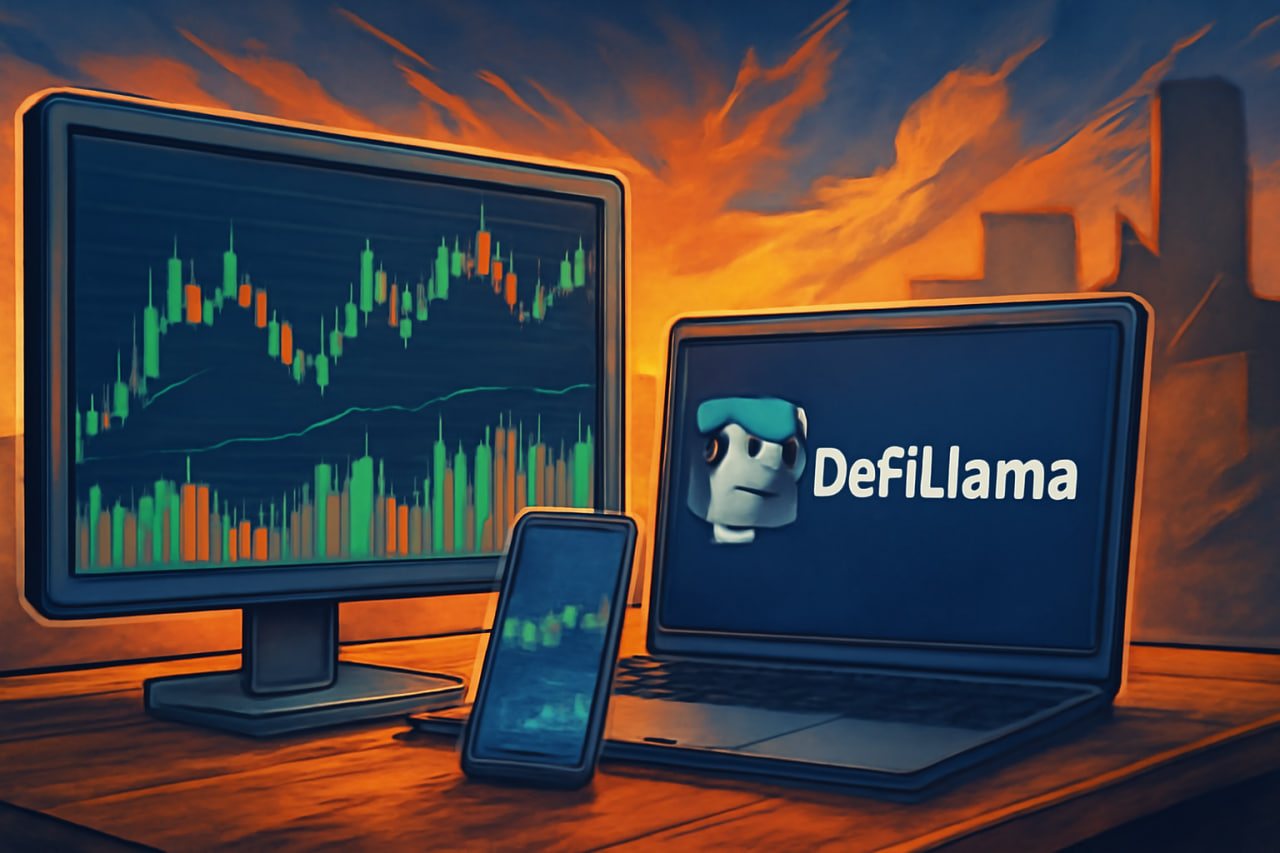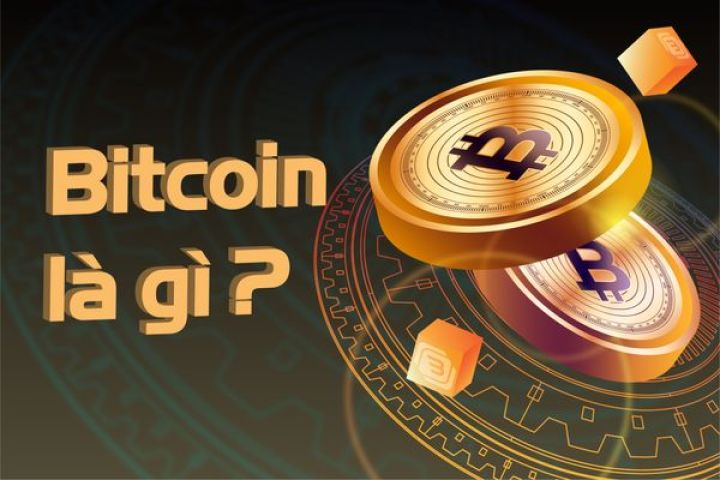1. What is Bitcoin Accelerator?
1.1. Understanding Bitcoin Transactions
Before exploring Bitcoin accelerators, it’s essential to understand how Bitcoin transactions work. When you send Bitcoin, your transaction is broadcast to the Bitcoin network and waits to be included in a block by miners. Miners prioritize transactions based on the transaction fee offered; higher fees usually mean quicker inclusion in a block. However, during periods of network congestion, even transactions with relatively high fees can experience significant delays.
1.2. The need for Bitcoin Accelerators
The Bitcoin network can handle a limited number of transactions per second, roughly seven. This limitation, coupled with increasing transaction volumes, often leads to congestion. When the network is congested, transactions with lower fees can be delayed for hours or even days. This is where Bitcoin accelerators come into play.
1.3. What is Bitcoin Accelerator?
Bitcoin accelerator is a service designed to speed up the confirmation of Bitcoin transactions that are stuck in the mempool (the pool of unconfirmed transactions). These services work by incentivizing miners to prioritize specific transactions, thereby reducing confirmation times. Bitcoin accelerators can be either free or paid services.
2. How do Bitcoin Accelerators work?
Bitcoin accelerators typically operate through the following mechanisms:
-
Transaction rebroadcasting: Some accelerators rebroadcast your transaction to the network, making it more visible to miners who might have missed it initially.
-
Fee bumping: Paid accelerators may add an additional fee to your transaction, making it more attractive to miners. This process is sometimes referred to as "child-pays-for-parent" (CPFP), where a new transaction with a higher fee is created to incentivize the confirmation of the original stuck transaction.
-
Direct miner incentives: Some services have agreements with mining pools to prioritize transactions submitted through their platform. By paying these pools directly, accelerators ensure that your transaction is included in the next block mined by the pool.
3. Popular Bitcoin Accelerators
Several Bitcoin accelerators have gained popularity in the cryptocurrency community. Here are a few notable ones:
-
ViaBTC: ViaBTC offers both free and paid acceleration services. Their paid service guarantees faster transaction confirmation by prioritizing your transaction in their mining pool.
-
BTC.com: BTC.com provides a transaction accelerator that uses its mining pool to speed up transaction confirmations. Users can submit their transaction ID (TXID) and pay a fee for faster processing.
-
Antpool: Operated by Bitmain, Antpool offers a transaction acceleration service that prioritizes transactions within their mining pool. Users can use this service by submitting their transaction details and paying a fee.
-
ConfirmTX: ConfirmTX offers a paid service to accelerate Bitcoin transactions. They claim to work with multiple mining pools to ensure faster transaction confirmations.
-
Mempool.space: While primarily known as a blockchain explorer, Mempool.space also offers a transaction acceleration service. Users can pay to have their transactions prioritized, reducing confirmation times during periods of high congestion.
4. How to use a Bitcoin Accelerator
Using a Bitcoin accelerator is typically straightforward:
-
Identify a reputable accelerator: Choose a reputable Bitcoin accelerator service, such as those mentioned earlier.
-
Submit your Transaction ID (TXID): Provide the accelerator with the TXID of the transaction you want to accelerate. This information is usually available in your wallet or transaction history.
-
Pay the required fee (if applicable): If the accelerator service charges a fee, you will need to pay it to proceed. Some services offer free acceleration, but these may have longer processing times.
-
Wait for confirmation: After submitting your transaction to the accelerator, wait for the service to process and prioritize your transaction. Confirmation times can vary based on network conditions and the service used.
5. Advantages and disadvantages of Bitcoin Accelerators
5.1. Advantages
Bitcoin accelerators offer several benefits to users:
-
Faster confirmation times: By prioritizing your transaction, accelerators can significantly reduce the time it takes for your transaction to be confirmed.
-
Cost efficiency: During periods of network congestion, using an accelerator can be more cost-effective than increasing the transaction fee substantially.
-
Reliability: Accelerators provide a reliable way to ensure your transaction is processed promptly, especially when speed is crucial.
-
User convenience: These services offer a convenient solution for users who are not familiar with technical methods of fee bumping or transaction rebroadcasting.
5.2. Disadvantages
While Bitcoin accelerators offer significant advantages, there are also potential drawbacks and considerations:
-
Cost: Paid accelerators require an additional fee, which can vary based on network congestion and the service used. This can add to the overall cost of your transaction.
-
Reliability: Not all accelerators guarantee faster confirmations, especially during extreme network congestion. It’s essential to choose a reputable service with a proven track record.
-
Security: As with any online service, there is a risk of scams or fraudulent services. Always research and verify the legitimacy of an accelerator before using it.
-
Network impact: While accelerators help individual users, they do not address the underlying scalability issues of the Bitcoin network. Long-term solutions, such as the implementation of the Lightning Network or other scalability improvements, are necessary to reduce network congestion.
6. Alternatives to Bitcoin Accelerators
In addition to using Bitcoin accelerators, there are other strategies to manage transaction delays:
- Adjust Transaction Fees: Many wallets allow users to adjust transaction fees manually. By setting a higher fee, you can increase the likelihood of your transaction being confirmed quickly.
- Replace-by-Fee (RBF): Some wallets support RBF, allowing you to replace an unconfirmed transaction with a new one that has a higher fee. This can help expedite the confirmation process.
- Child-Pays-for-Parent (CPFP): Create a new transaction with a higher fee that spends the unconfirmed transaction as an input. This incentivizes miners to confirm both transactions.
- Use Segregated Witness (SegWit): SegWit is a protocol upgrade that reduces the size of transactions, allowing more transactions to fit in a block. Using a SegWit address can help reduce transaction fees and increase confirmation speeds.
7. Future of Bitcoin Transactions
The future of Bitcoin transactions lies in improving scalability and reducing congestion. Several initiatives are underway to address these challenges:
-
Lightning Network: The Lightning Network is a second-layer solution that enables faster and cheaper transactions by conducting them off-chain. It reduces the load on the main Bitcoin network and can handle a higher volume of transactions.
-
Segregated Witness (SegWit): SegWit adoption continues to grow, reducing transaction sizes and increasing the number of transactions that can fit in a block.
-
Blockchain Upgrades: Ongoing research and development aim to introduce new features and improvements to the Bitcoin protocol, enhancing its efficiency and scalability.
-
Alternative Cryptocurrencies: As Bitcoin faces scalability challenges, alternative cryptocurrencies (altcoins) with higher transaction capacities, such as Ethereum, Litecoin, and Bitcoin Cash, provide users with additional options for fast and cost-effective transactions.
8. Conclusion
Bitcoin accelerators play a crucial role in addressing transaction delays and high fees on the Bitcoin network. By prioritizing transactions and providing faster confirmations, these services enhance the user experience and ensure timely processing of transactions. However, it is essential to use reputable accelerators and consider alternative strategies to manage transaction delays effectively. As the Bitcoin ecosystem continues to evolve, ongoing improvements in scalability and network efficiency will further enhance the usability and reliability of Bitcoin as a global digital currency.
Read more:


 Tiếng Việt
Tiếng Việt.jpg)
















